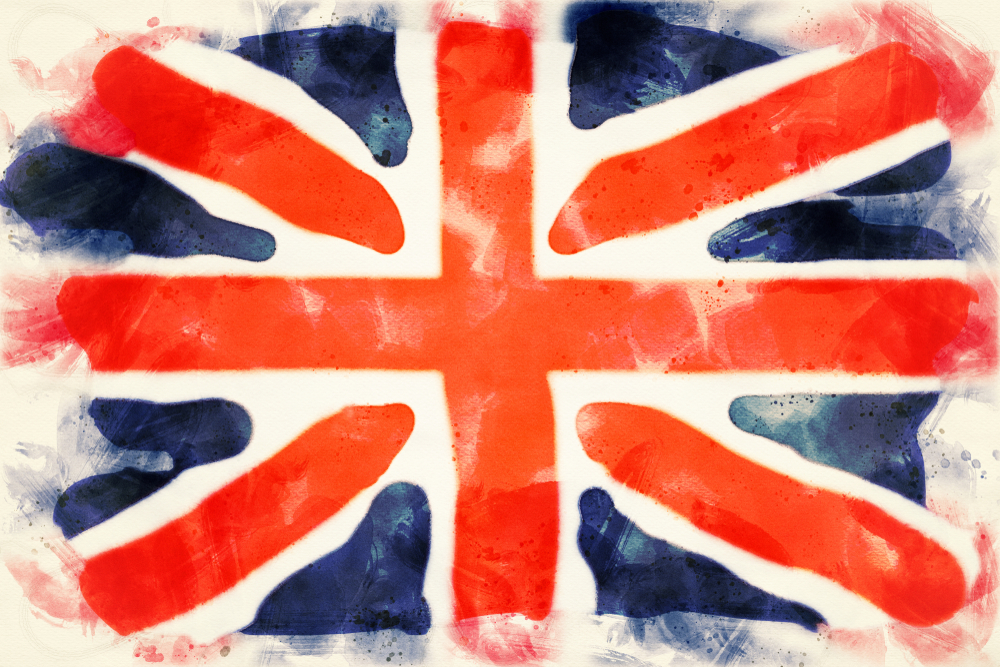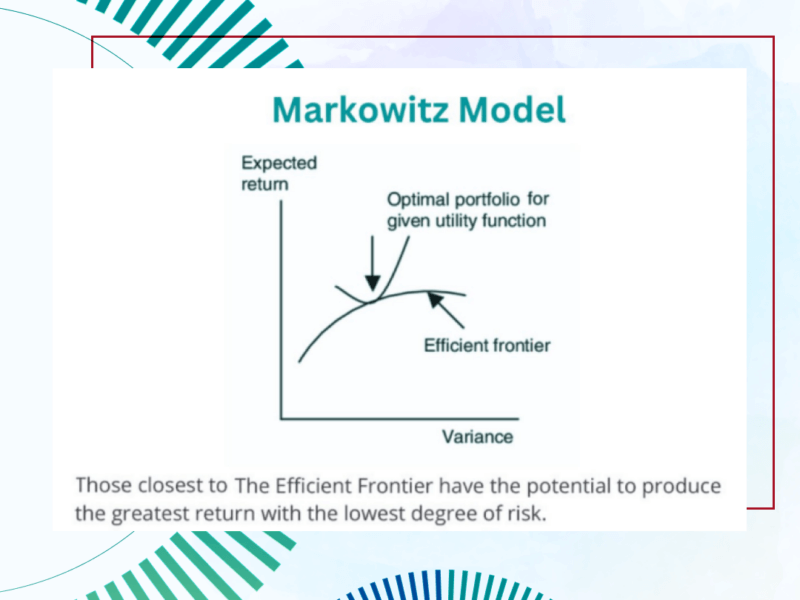Perhaps, it has been a Christmas miracle: the negotiations between the UK and the EU for an after-Brexit trade deal ended on 24 December with an agreement approved in principle by both of the parties. The agreement drafted on 24 December and signed on 30 December is applied provisionally since 1 January 2021.
The timeline of the UK-EU relations from the referendum to the Trade and Cooperation Agreement is shown in Figure 1.

On 1 January 2021, following the 11-month transitional period, the UK leaves the European Single Market and the EU Customs Union, as well as all EU policies and international agreements. The freedom of movement of persons, goods, services and capital between the UK and the EU ends. The Trade and Cooperation Agreement contains new rules on how the UK and the EU are going to live, work and trade together after 31 December 2020.
As describes by the European Commission, the EU-UK Trade and Cooperation Agreement consists of:
- an unprecedented free trade agreement,
- ambitious cooperation on economic, social, environmental and fisheries issues,
- a close partnership for citizens’ security,
- an overarching governance framework.
Figure 2 summarizes its components.

It is very much based on WTO rules. Let’s look at some of the key points of the agreement.
Trade in goods between the EU and the United Kingdom is free from tariffs and quotas. Traders can self-certify compliance with agreed rules of origin. Nevertheless, goods entering each party will still be required to comply with the respective regulatory standards of the importing party, including food safety (e.g., sanitary and phytosanitary standards) and product safety. Customs procedures will be simplified under the agreement. However, customs formalities are required between both parties. A number of provisions are intended to limit technical barriers to trade and to protect the economies from unfair competition from the other party.
The agreement also contains provisions to support trade in services and investment. Each party must treat the other party’s service suppliers and investors no less favorably than its own. However, there is no more general access to the services market of the other. For example, financial service providers no longer have access to customers via „passporting“. Professional qualifications are no longer automatically recognized by the other party. Provisions have been made to facilitate short-term business travel and temporary secondments of highly qualified personnel.
There is no free movement of persons between the EU and the UK. Visitors who plan stays of more than 90 days in any 180-day period need a visa; those who plan any work other than routine business meetings and conferences need an appropriate visa.
The stock market reacted positively to the news on the deal: FTSE 100 advanced 1.5% on the first day of trading after the deal was agreed, reaching its highest level since early March. The UK is an important trading partner for the EU and vice versa. For example, the UK is the second-largest importer of goods from the EU27. In 2019, the UK accounted for 15% of the EU27 goods export. Therefore, both the UK and the EU will benefit from the agreement. The signing of the deal is undoubtedly good news for their economies.
Risk Warning: The information in this article is presented for general information and shall be treated as a marketing communication only. This analysis is not a recommendation to sell or buy any instrument. Investing in financial instruments involves a high degree of risk and may not be suitable for all investors. Trading in financial instruments can result in both an increase and a decrease in capital. Please refer to our Risk Disclosure available on our web site for further information.


